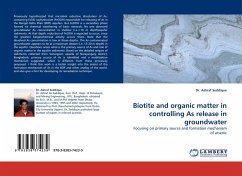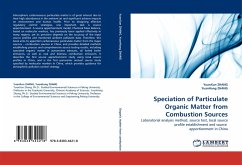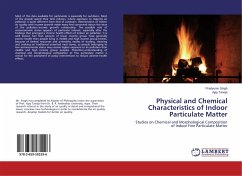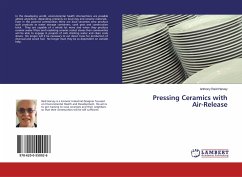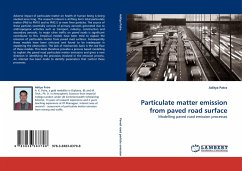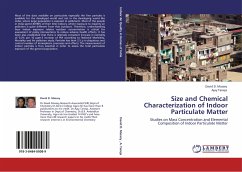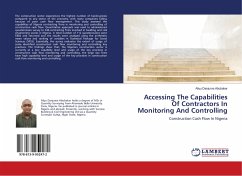Preveously hypothesized that microbial reductive dissolution of As-containing Fe(III) oxyhydroxide (FeOOH) responsible for releasing of As in the Bengal Delta Plain (BDP) aquifers. But FeOOH is a secondary phase formed via chemical weathering of basic minerals. No one observed groundwater As concentration in shallow (i.e.10 m depth)aquifer sediments. At that depth, reduction of FeOOH is expected to occur, since the greatest biogeochemical activity occurs there. Note that the dissolved As concentration is low at those depths. The As contaminated groundwater appears to be at a maximum deeper (i.e. 15-30 m depth) in the aquifer. Questions arises what is the primary source of As and role of organic matter in the aquifer sediments. Based on the detailed anlyses of sediments collected from Sonargaon upazila of Narayanganj district, Bangladesh, primary source of As is identified and a mobilization mechanism suggested, which is different from those previously proposed. I think this work is a better insight into the extent of the formation mechanism of As in the BDP and other analog of the world, and also give a hint for developing its remediation technique.
Bitte wählen Sie Ihr Anliegen aus.
Rechnungen
Retourenschein anfordern
Bestellstatus
Storno

